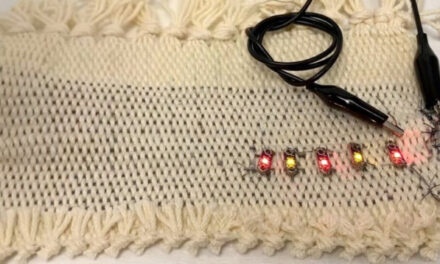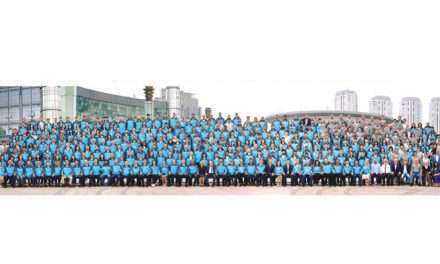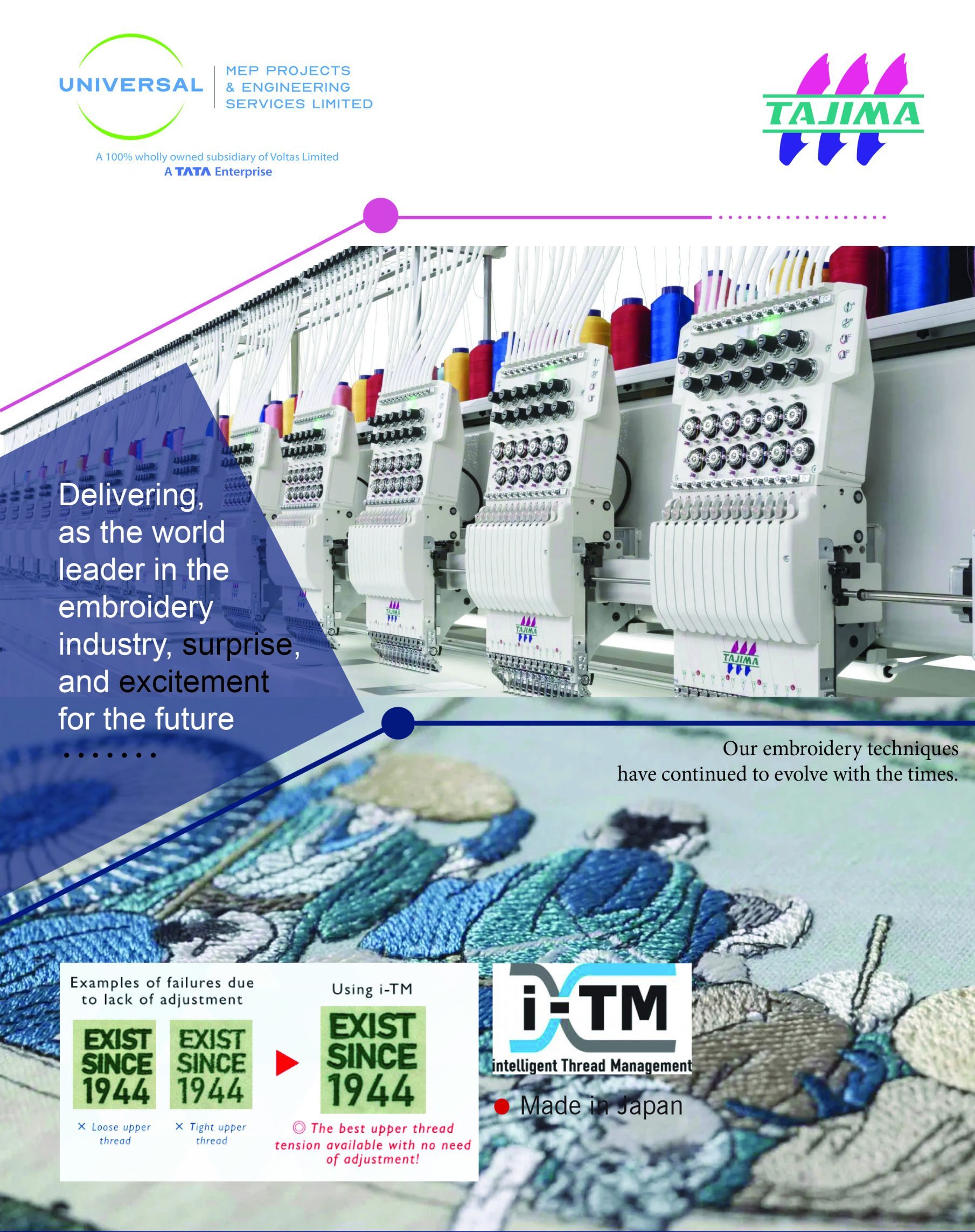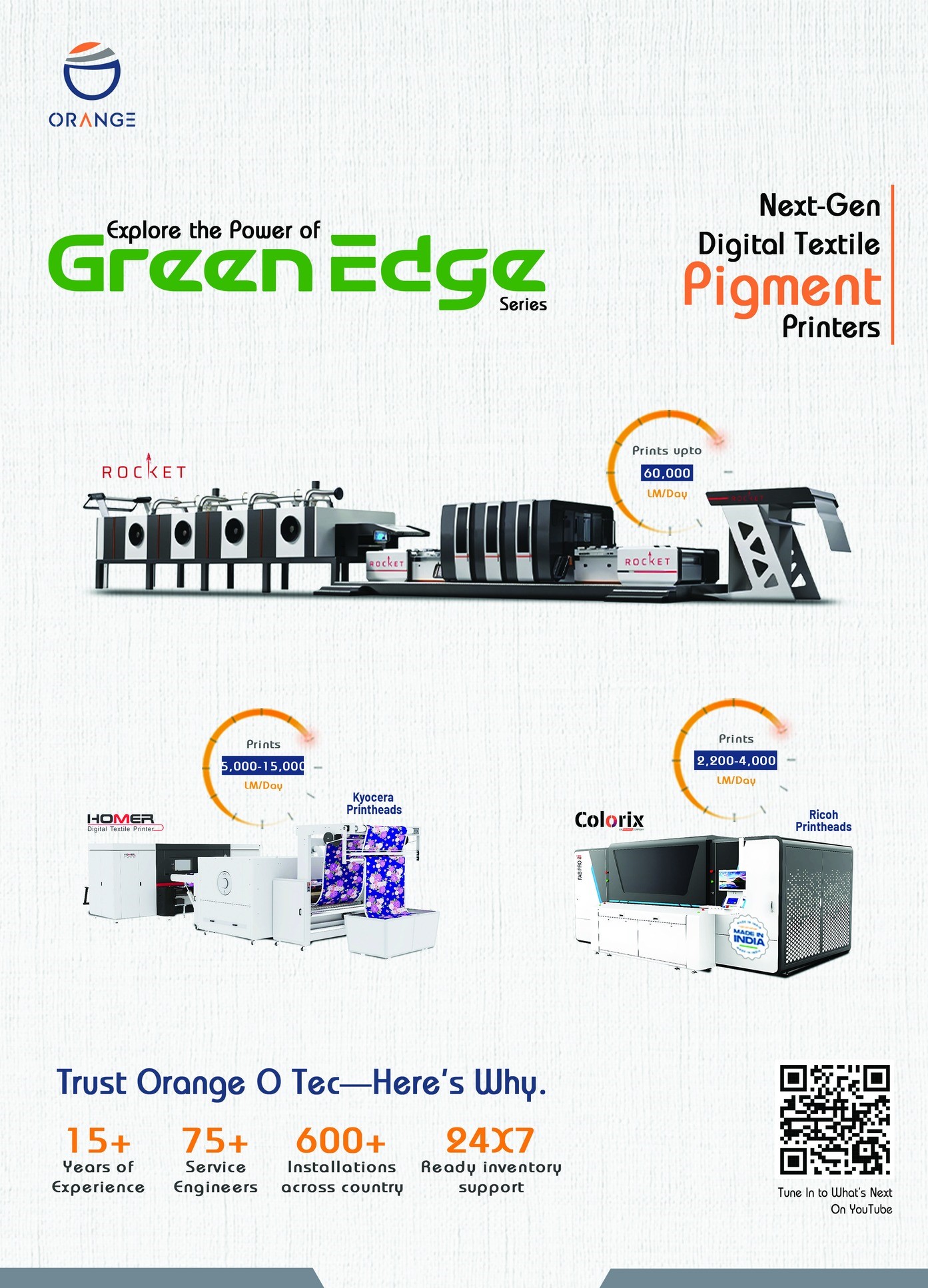 Most garment workers in Bangladesh’s Chittagong, Dhaka City, Gazipur, Narayanganj and Savar prefer new equipment as they perceive it will enhance productivity, lessen workload and offer better quality, according to a survey conducted by the South Asian Network on Economic Modeling (SANEM) in association with US-based non-profit Microfinance Opportunities (MFO).
Most garment workers in Bangladesh’s Chittagong, Dhaka City, Gazipur, Narayanganj and Savar prefer new equipment as they perceive it will enhance productivity, lessen workload and offer better quality, according to a survey conducted by the South Asian Network on Economic Modeling (SANEM) in association with US-based non-profit Microfinance Opportunities (MFO).
Seventy-three percent of respondents in the survey indicated a desire for a new machine, while 27 percent indicated a dislike for one. Eighty-five percent of workers reported that their work quota increased after they last got a new machine. Most of them indicated they did not get paid any more than before.
On the question of how they would describe their ability to meet the new work quota, once they were comfortable with the new machine, about two-thirds said it took less time to meet their quota; 29 percent said it took about the same time and 5 percent said it either took more time or they were not able to meet their new quota with the new machine.
The ‘Garment Worker Diaries’ project has been conducting weekly surveys of over 1,300 garment workers since April 2020. The June 2022 study was a follow-up to this investigation on how workers perceive automation, Bangladeshi media reported.
Thirty-five percent of the workers mentioned that the new machines made it easier for them to do their work, while 18 percent said the machines helped them produce better quality items. Eight percent said the new machines gave them an opportunity to learn and gain new experience.
Overall, the share of garments workers reporting reasons for wanting a new machine are efficiency (44 percent), easier work (16 percent), better quality (16 percent) and many other reasons.
Three-quarters of the survey respondents were women, which roughly represents the composition of the labour force in the RMG sector as a whole.
















